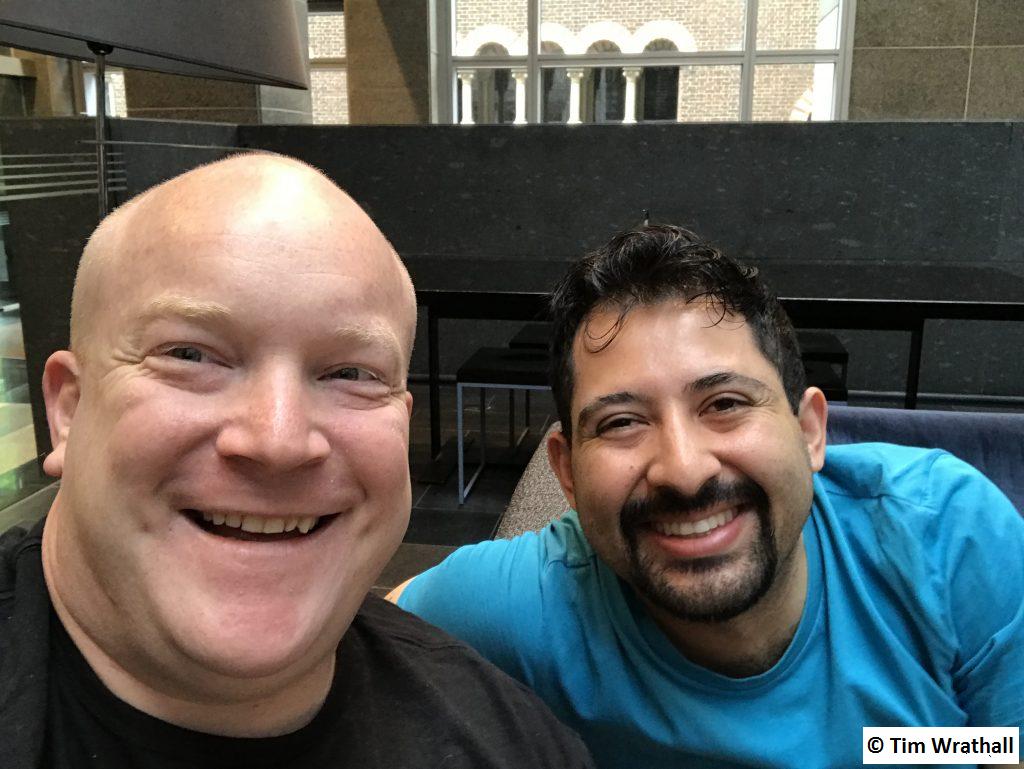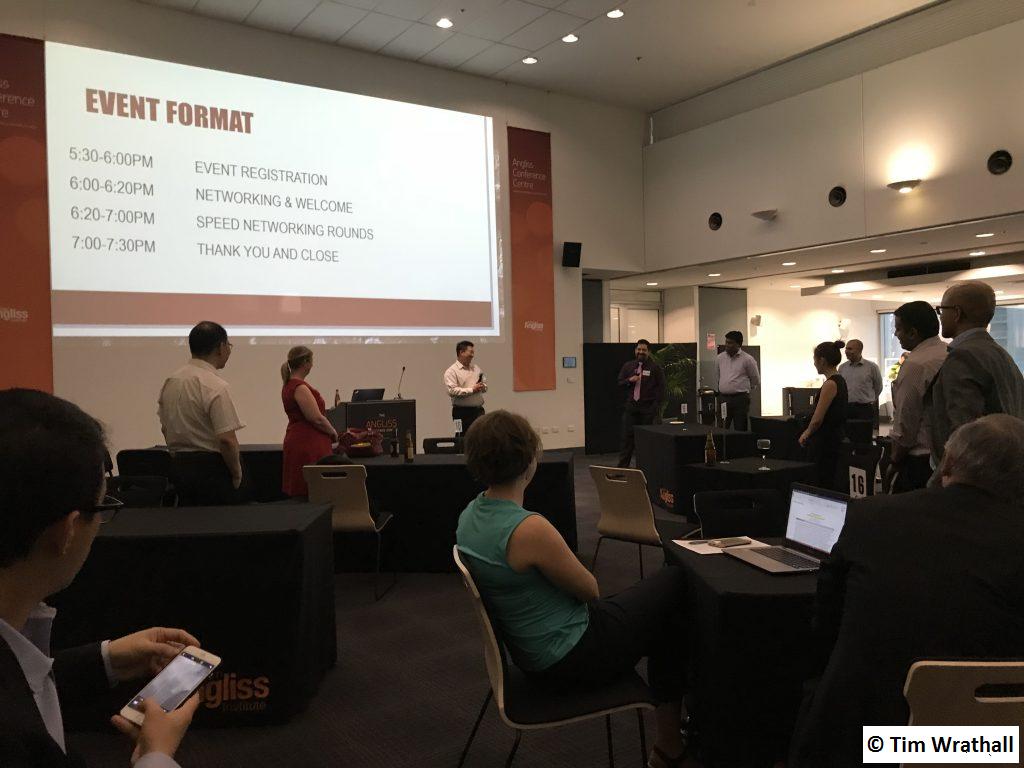When you get the opportunity to grow, take it. And, I did.
Early last year, the IIBA Melbourne Chapter advertised their new BA Mentoring Program, seeking both mentors and mentees. As I’d never seen the IIBA advertise a program like this before, it immediately grabbed my interest. Sure, the IIBA had run a number of professional development programs, such as the BABOK study groups, but never a mentoring program. Naturally, I was curious, so I flagged my interest as a mentor.
What did I just sign myself up for?
Why?
So, why would you participate in a mentoring program? For a mentee, it’s an opportunity to connect with someone who is willing to share the skills and experience, in order to help personal growth and development. For a mentor, it’s a chance to give back to your professional community and develop your mentoring skill set. There is a mutual benefit for all.
So, as a Mentor, what do I need to do?
Mentor vs Coach
The first rule of mentoring; don’t coach your mentee. Why? Because you’re supposed to be mentoring, not coaching.
Or, perhaps you’re unsure what is the difference between mentoring and coaching?

Mentoring is an informal association focused on building mutually beneficial relationships, both at work and personally. Mentoring focuses on:
- Building long terms relationship that can last a long period of time;
- Setting long-term goals;
- Growth of the mentee, either at work or home (or both);
- Not fixed on a specific agenda. It can change, depending on your mentee.
Coaching focuses on:
- Performance of a task to achieve an outcome;
- Short term goals and actions on how to achieve them;
- Designed to improve performance.
Both have a place in supporting personal growth, and both should respect the need to avoid problem solving. I’ve found a focus on empowered thinking, instead of dictating a solution, provide the most benefit.
The IIBA Mentoring Program
I’ve mentored team members before, but not someone I’d never met. How would the first meeting go? Would this be a productive mentoring session?
In the information session, the program coordinator (David Tham) told us that mentee pairing is based on industry, shared interests, and stage in our careers. I’m pleased to say they paired me with a good one, Abraham Acevedo.
With introductions made over e-mail, I met Abraham in a nice Melbourne coffee shop. We quickly established a rapport, discussed our work journeys, then moved on to goal setting. I wanted to have a clear understanding of what Abraham sought to achieve from the program (goals), and how I could help to achieve his goals. I won’t share them here, but I thought they were quite considered and very achievable.
Throughout 2017, we met on five different occasions. Sometimes, our schedule would prevent a regular catch-up, but we made our best effort to meet. Early morning sessions seemed to work the best as it didn’t impact on our professional work schedule.

For each session, we’d talked about the events since we last met, provide advice on questions raised, and check back in with the goals set in the first session. And, of course, enjoy a wonderful Melbourne coffee (or two).
More often than not, we’d talk about our families and other non-work related topics. It supports my key points of mentoring; long-term relationships, growth, and no fixed agenda.
Speed dating mentoring
The most curious element to the program was the speed mentoring event, held in November. People joked it would resemble a speed dating event; in reality, it felt exactly like that.
As a mentor, I had the chance to meet with four other mentees. Each session was ten minutes, with the goal to discuss a current workplace problem.
With the short timeframes, it’s about building a relationship quickly (think Tuckman’s model in overdrive), understanding/identifying the problems, and sharing useful solutions. Some problems were more complex, and require further analysis, but others just required an impartial second opinion with a path forward. Some mentees were simply looking for career advice, e.g. what sort of training should I do.

Despite the short timeframe, I think I was able to share some useful ideas to address their problem.
Mentor Retro
So, was it worth it? It’s a big yes from me. I personally gained a lot from my meetings with Abraham, and I really enjoyed the speed mentoring event.
The things that worked well for me:
- Organisation of events – this includes the first information session, mentor/mentee match, speed event. I think Dave did a good job in preparing the mentees for the program.
- Resources – the IIBA Melbourne chapter provided me with good resources to supporting my mentoring. Although, I leaned a lot on my past experience. It’s good information for new Mentors.
- A good mentee pairing. Completely out of my control, so I got luck in my mentee selection.
- Self-paced schedule. Letting he mentor/mentee set their own meeting schedule, as opposed to a mandated schedule, worked well for me.
If I get the opportunity to participate again, I’d like to see more group mentoring events, such as the speed dating event.
Would I participate in a future the mentoring program again? Yes. Anything that contributes to personal and peer growth should be high on your list of goals to achieve. If the IIBA Melbourne Chapter decide to run a similar program in 2018, I’ll look to get involved in the program.
